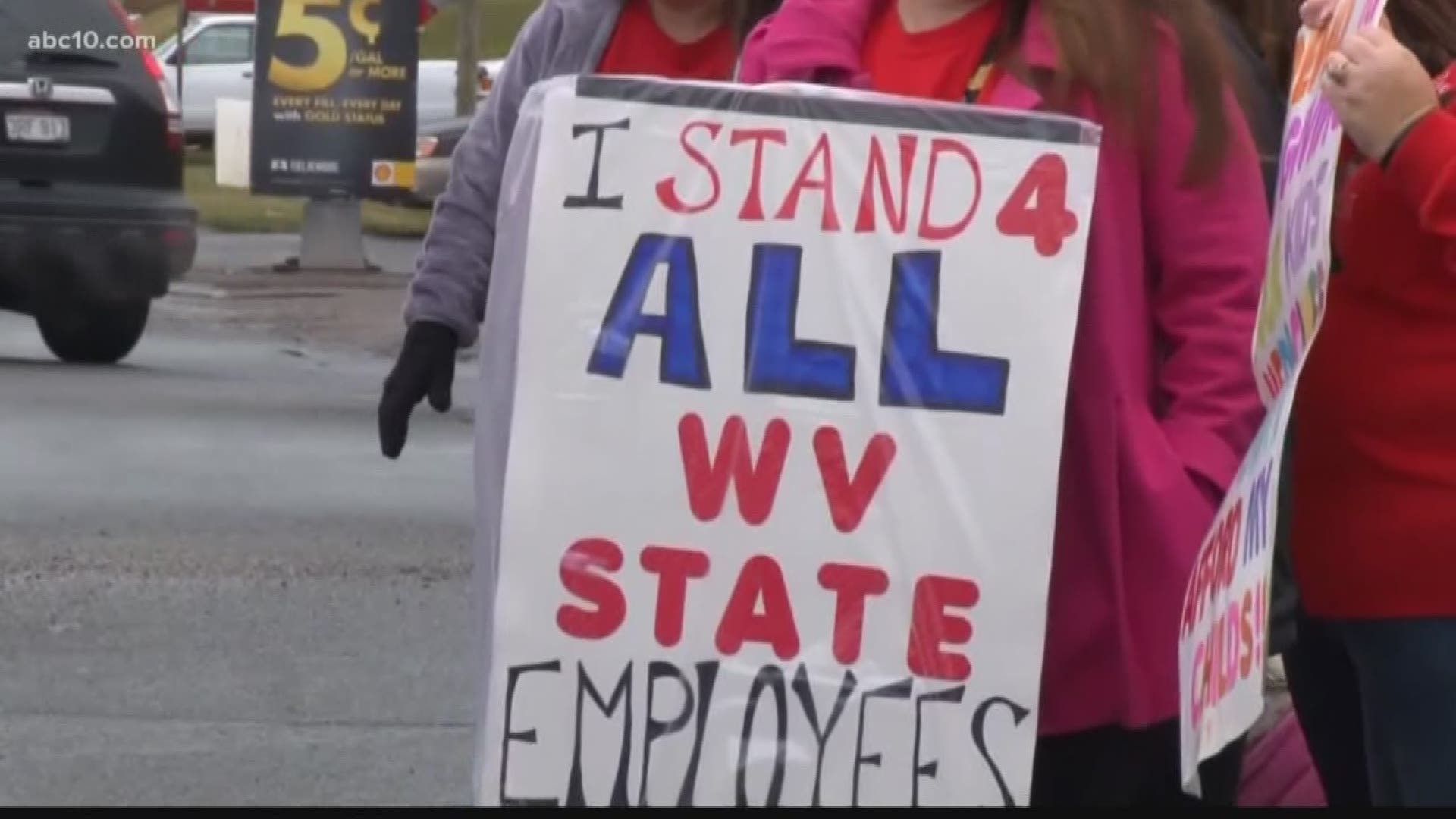The nation’s highest court ruled Wednesday that public employees, including teachers, cannot be required to pay union dues, even if they're benefiting from the services provided by the union.
Public labor unions in 22 states, including California, had a so-called “fair share” provision, which required people represented by unions to pay fees even if they did not choose to be members.
Twenty-eight others, considered “right-to-work” states, barred employers from such practices.
"Employees must choose to support the union before anything is taken from them," Alito wrote.
SOME APPLAUD THE RULING:
Samuel Han is the California Director of the Freedom Foundation, a proponent of the Supreme Court ruling.
His organization is non-profit think tank whose mission is to advance government transparency and limited government through education and advocacy.
“I think for so long unions have controlled and dominated elections here in California and as well as the legislative process,” Han said.
He calls the ruling a big win for government transparency, one that will weaken labor unions ability to effect legislation.
“They control, they dominate the legislative side. So any type of meaningful reform that can actually help teachers, help students, they’re going to squash it in favor of their members,” Han said.
WHAT DO UNIONS DO FOR WORKERS?
Unions are well-known for negotiating with businesses, corporations and other organizations on behalf of their members.
They advocate for higher wages and better working conditions. Union representatives will take on issues individual union members are having on the job. They also lobby for legislative reform for workers.
Lindsey Bird is the Language Institute Coordinator at Davis High School In Modesto. She has taught for 15 years and has been a part of her local and state teacher’s union ever since.
“Obviously, the biggest that we all, all dues-paying members benefit from is collective bargaining,” Bird said.
The protections her union gives her also allows her to speak out against her school administration and local policies without fear of retribution.
HOW WILL THIS RULING EFFECT CALIFORNIA LABOR UNIONS?
The ruling will likely mean different things for each individual state and profession.
Bird is afraid the ruling may limit the collective bargaining powers of her unions.
However, California is home to powerhouse labor unions, like the 325,000 worker strong California Teacher’s Union (CTA), which has been effective in reaching lawmakers.
“I think anybody who’s trying to say this is not going to affect California at all is just, either living in a fantasy world or hoping that this thing is not what it is,” Han said.
Han believes labor unions will see a stiff drop in their budgets as union members choose to opt out of fees.
Continue the conversation with Giacomo on Facebook.

